This week I want to try a thought experiment.
Why?
Well first of all, why not? (This is the guiding philosophy of all internet content, btw)
But also because these days, I find it difficult to think about anything removed from a sociological context.
So, as I have done my whole life, I’ll try to make sense of the world via the movies.*
[*Results may vary]
It is an indulgent–not to mention obsessive, not to mention dorky– undertaking, the constant reexamination of formative pop culture.
But sometimes re-examination reveals clues that hold retroactive power in terms of decoding and understanding a changing world.
By which I mean to say, The Talented Mr. Ripley is a movie about White Privilege.
…Okay, your first response may be something along the lines of, “Duh.”
Class and entitlement are obvious, overt themes in a film centering around characters who inhabit a world of profound privilege, all of them White.
Dickie Greenleaf embodies a certain timeless archetype of privileged White maleness, a beautiful, charismatic bully, a user and discarder of people and things.
A sort of postwar Billy Zabka, if you will.
And we can thank Dickie for his service. Without him, 80’s cinema would have been devoid of antagonists.
But I really want to zero in on Matt Damon’s performance as Tom Ripley. This was his second great performance–after Good Will Hunting–and viewers may not have quite been prepared. It was a bit of a change-up, but it displayed a quality that would, in successive fare like The Departed and The Informant! (and even, to an extent, the Oceans 11 movies), become one of Damon’s hallmarks as an actor.
It represents a subtle variation on Dylan, the prep school dick from School Ties.

It’s the ability to embody characters who convey a certain self-righteous impotence, who are self-loathing and duplicitous in equal measure.
Guys at inner odds, who can’t quite measure up to their own imagining of themselves.
Tom Cruise has often played characters who hung around this well, but his characters win in the end. However, as we look around our world, we see that real life looks less like Maverick and Cole Trickle and more like Colin Sullivan and Mark Whitacre.
The other actor who really excels at this kind of character–in work like The Place Beyond The Pines and The Words–is Bradley Cooper.

The Words is a lesser-known movie from 2012. Cooper plays a young novelist. A good, but not great writer. But he’s intelligent, thoughtful, handsome, has a beautiful wife–all the elements are there and so, ultimately, plagiarizing someone else’s book feels less like theft and more like a benign “fudging” of the final details.
I think this is what we talk about when we talk about entitlement, privilege, failing upward.
Also, there’s the matter of Ripley being a serial killer.
But first, it’s worth mentioning that The Talented Mr. Ripley is a great movie. It contains essentially no sympathetic characters yet remains a supremely enjoyable watch–engaging, riveting, full of sensual pleasure.
And Tom begins life in mostly-sympathetic fashion. He is a sensitive soul, a true connoisseur of art, music and beautiful things. That’s why his sudden turn to homicide is so jarring. As in a musical suite, we are blasted out of the familiar and into a new, very different movement. Aesthetically, it’s surprising.
But consider the crimes for which Dickie is condemned to die: spurning Tom’s advances (even if only implicit), but more so for the sin of not being as sensitive, sophisticated and authentic as Tom.
For the sin of being an alpha.
This is extremely incel-ish behavior.
Take this line, one of the film’s most famous: “I always thought it would be better to be a fake somebody than a real nobody.”
Could Tom have known that Reddit and 4Chan and Twitter would pretty much base their business models on this philosophy?

And then there are the film’s supporting characters: Gwyneth Paltrow’s Marge, a besotted enabler; Cate Blanchett’s Meredith Logue, a desperate dimwit, and Philip Seymour Hoffman’s Freddie Miles, a great character in a too-short career full of them.
Freddy is the schmuck from Scent of a Woman four years later. He went to a different prep school and still got into Harvard.
Hoffman strikes notes so authentic it’s uncanny. If you went to private school and tell me you never knew a Freddie Miles, I tell you you never went to private school.
And thus concludes our thought experiment.
Did we do it? Maybe? A little? I don’t know. “Handsome White guys are often mediocre,” may not be the hottest take out there.
21st Century media culture has shown, if nothing else, that art can be picked apart, dissected and re-dissected, interpreted and re-interpreted ad infinitum. And what does it all mean?
Maybe nothing.
Ultimately, I like to remember Roger Ebert’s sentiment that a movie is an “empathy machine;” a work of imagination that can help us feel a little more connected to our fellow humans.
Ripley is not a story that inspires great hope about the human condition. But as a movie, it inspires thought and feeling.
And if I can understand a movie a little more deeply, maybe I will become a slightly more thoughtful person.
Maybe I will develop a little more empathy.
And that, as they say, is worth the price of admission.


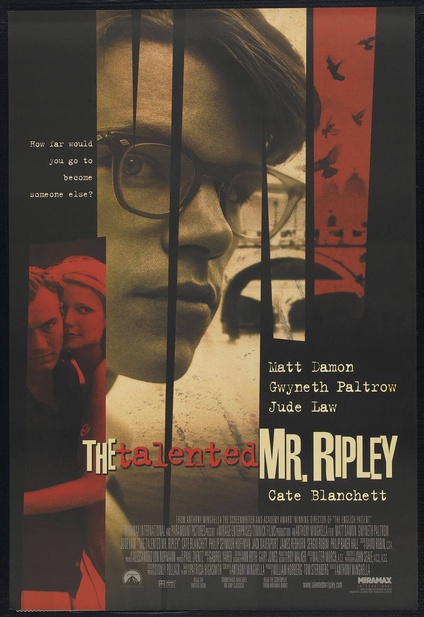


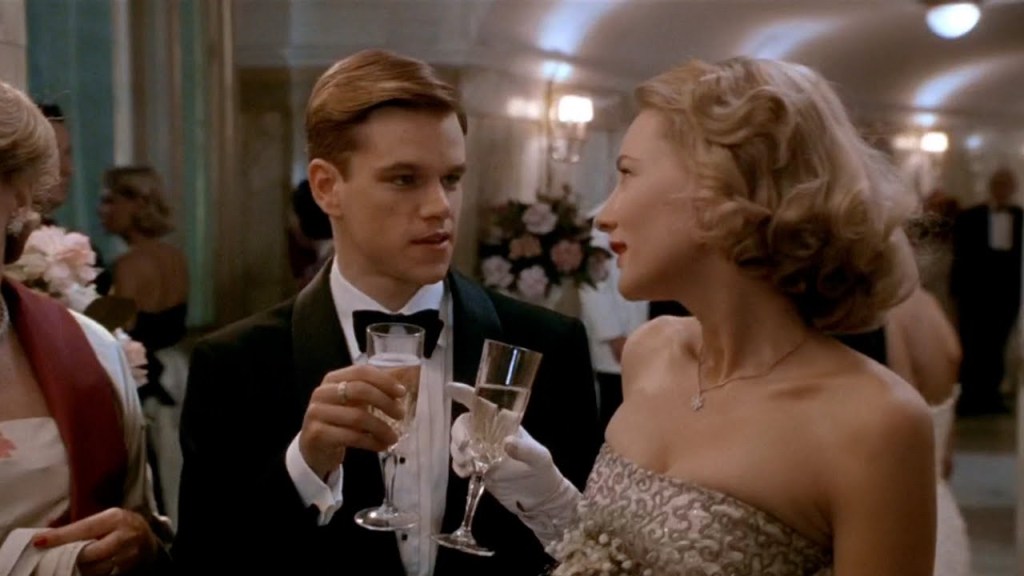

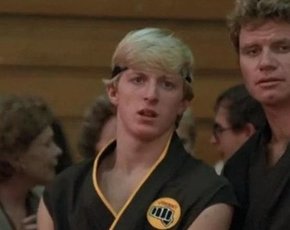


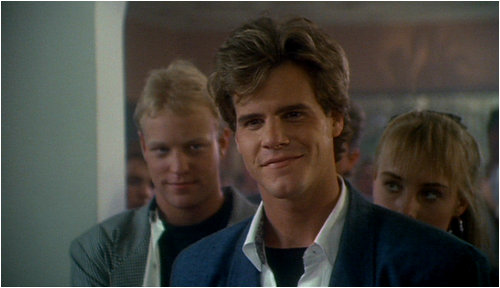
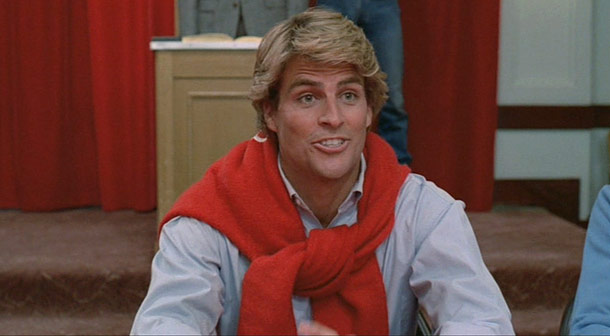

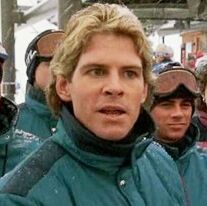

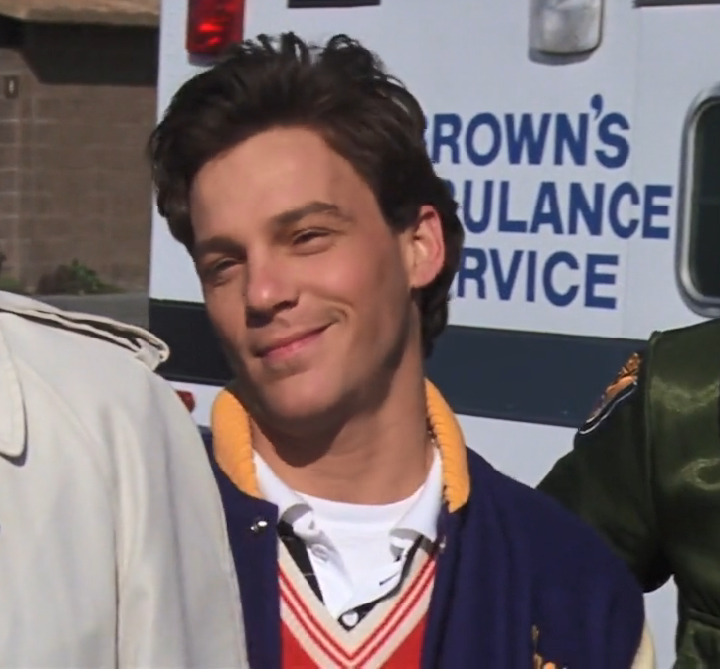
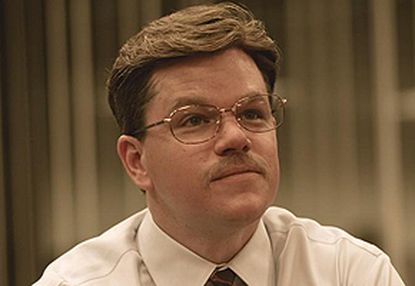

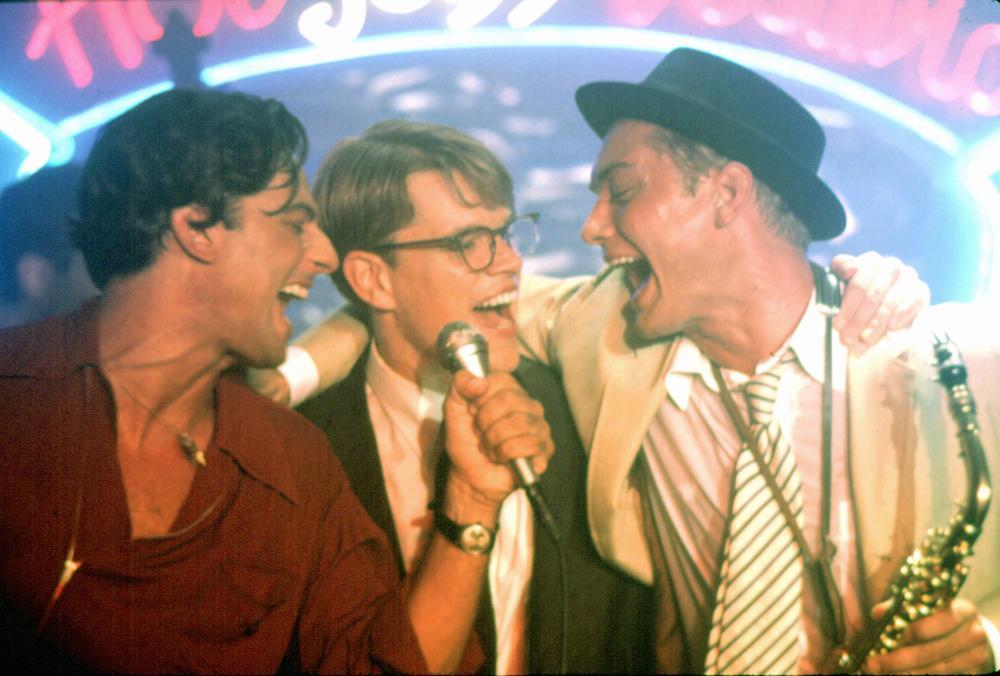


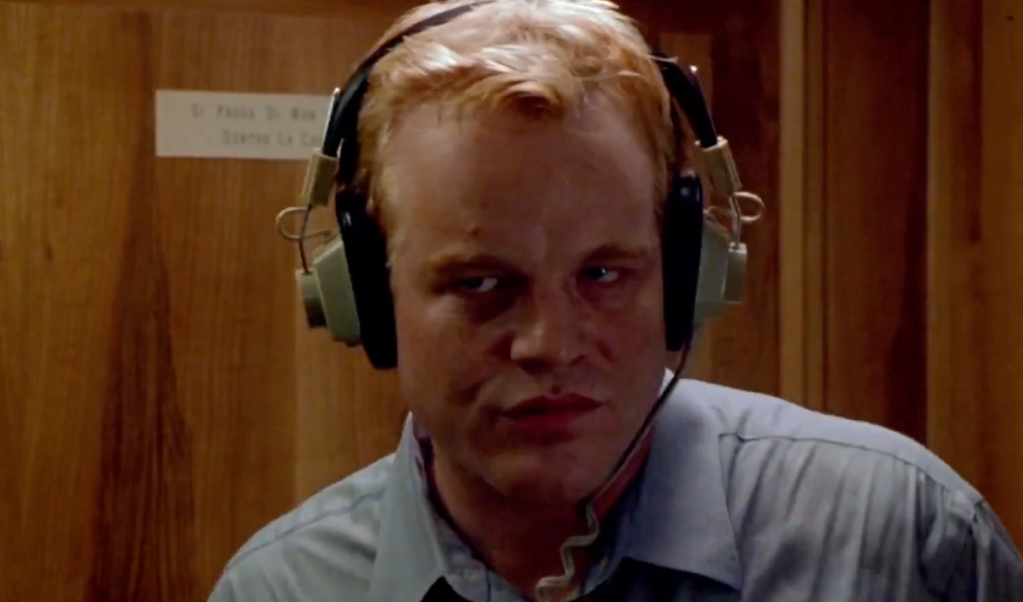

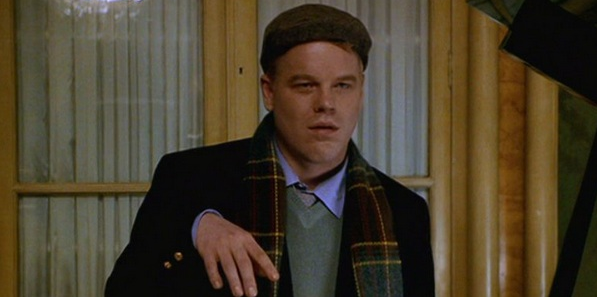
“Ripley is not a movie that inspires great hope about the human condition. But as a movie, it inspires thought and feeling.” — I think cat videos and animals being bros memes via Bored Panda or The Dodo are there to inspire great hope about the human condition, but cinema… that’s where you go to scare, lose, sadden, anger, confuse, scold, surprise, and given the right genre or production studio, soothe and delight yourself.
LikeLiked by 2 people
Lol I literally just changed that line. Didn’t mean to say “movie” twice
LikeLiked by 1 person
Good post, but when you brought up Oceans 11, I had flashbacks of Brad Pitt constantly eating. Oh, the humanity.
LikeLiked by 1 person
Haha gross. Thanks for reading!
LikeLiked by 1 person
“Could Tom have known that Reddit and 4Chan and Twitter would pretty much base their business models on this philosophy?”
Well I never thought of it that way! I love this movie, I rewatched it a few months ago and it still gives me the chills— moreso actually than years ago, but I hadn’t paused to wonder why. Insightful take.
LikeLiked by 1 person
Thanks! Yeah Tom was a big-time incel.
LikeLike